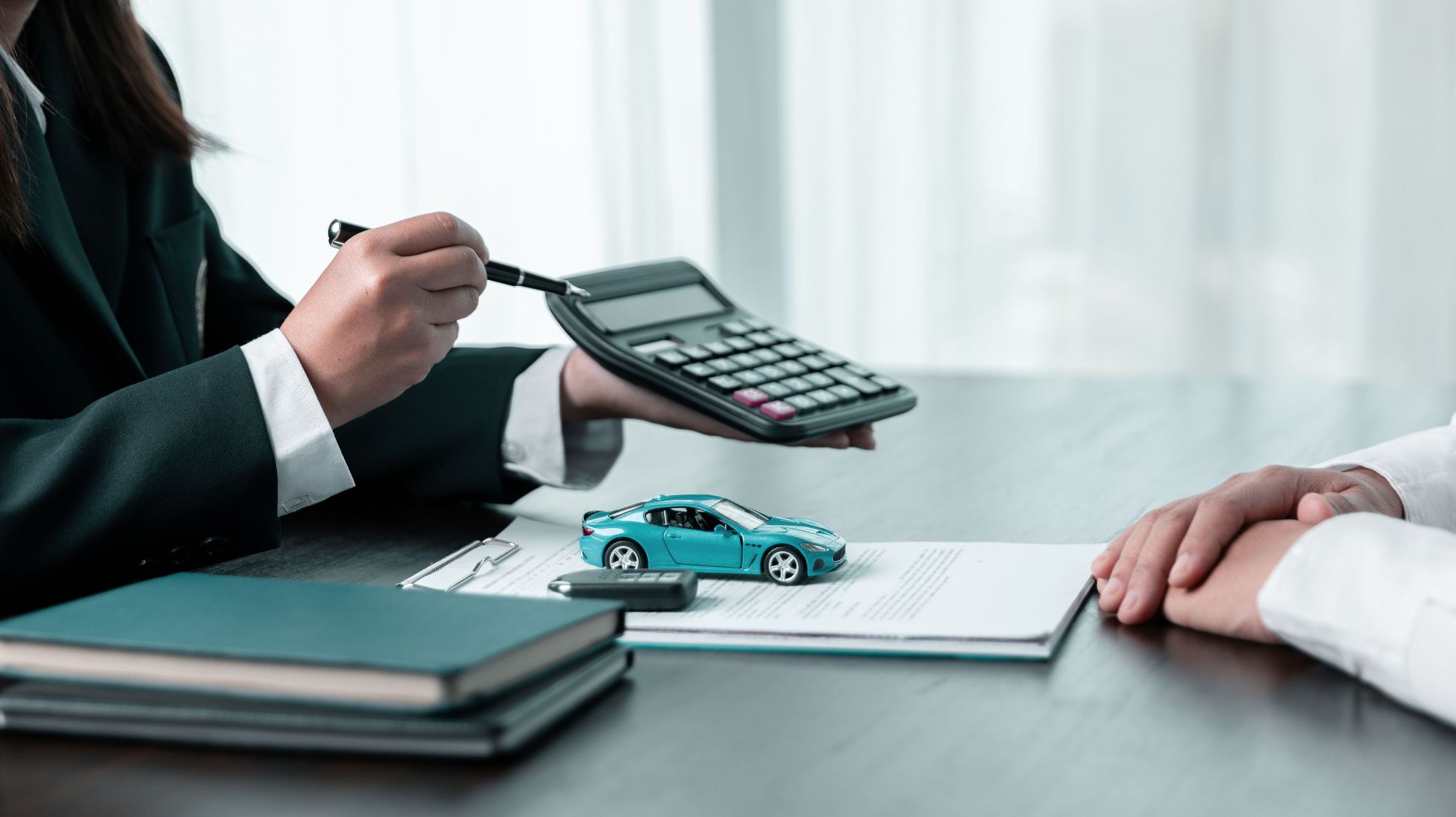Paying a deposit on your car benefits your wallet
Buying a new or pre-owned car is a huge financial commitment, often in the form of an installment sale contract that can take several years to fully pay off. Also, the whole idea of driving off in your dream car without making any upfront payment can be tempting; therefore, it’s wise to take the time to save for a deposit, as this can offer significant long-term financial benefits. That said, paying a deposit is a good financial strategy that could positively impact your loan approval, reduce interest, and even shorten the loan term.
Paving the way for approval
Firstly, financial institutions are likely to approve vehicle finance applications that come with a deposit, as this is viewed as a level of financial discipline and commitment from the buyer. This also lowers the lender’s risk, as they are financing a smaller amount relative to the vehicle’s value. So, by paying a deposit upfront, you present yourself as a lower-risk borrower, which can be an important factor in getting your application approved, especially if your credit profile isn’t perfect.
Driving down interest costs
Speaking of lowering the interest costs, paying a deposit has an impact on the total interest paid over the term of the loan, simply because when you pay a deposit, you borrow less money. This means that the interest charged by the financial institution is calculated on a smaller principal amount. Therefore, your monthly installment will be lower, as well as the cumulative interest paid by the end of the loan term. In the long run, these savings can add up to a substantial amount, freeing up money for other financial goals.
Since the lender carries less risk, finance providers may be more inclined to offer a lower interest rate on the loan. This is why WesBank encourages buyers to think beyond just the purchase price and consider the full financial picture throughout vehicle ownership. One of the smartest ways to manage the overall cost is by paying a healthy deposit upfront. A larger deposit helps you reach the breakeven point faster; that’s when your car’s trade-in value is equal to or more than what you still owe on it. Reaching that point sooner can open the door to upgrading your car earlier without falling into negative equity.
Impacting your loan term and monthly payments
A deposit can also give you greater control over your loan structure. By lowering the total amount borrowed, you may choose to shorten the repayment period. While this could result in slightly higher monthly installments than a longer-term loan, you’ll own the car outright sooner and pay less interest overall. On the other hand, if keeping your monthly payments low is more important, that upfront deposit can help make your payment schedule more manageable, even if you stick with a standard loan term. Either way, it brings added affordability and flexibility to your budget.
See the impact for yourself with WesBank’s Vehicle Finance Calculator
Understanding the theory is helpful, but seeing the numbers in black and white can be truly eye-opening. That’s where WesBank’s easy-to-use online Vehicle Finance Calculator comes in. By entering different car prices, deposit amounts, interest rates, and loan terms, you can explore how each factor affects your monthly repayments and the total cost of borrowing. Tweaking the deposit amount, in particular, shows just how much of a difference it can make instantly.
While saving for a deposit takes time, planning, and patience, the long-term financial benefits speak for themselves. Not only can it improve your chances of loan approval and lower your monthly and overall repayment burden, but it also helps you adjust to the financial commitment of owning a car before even paying the first installment.

.jpg)



















